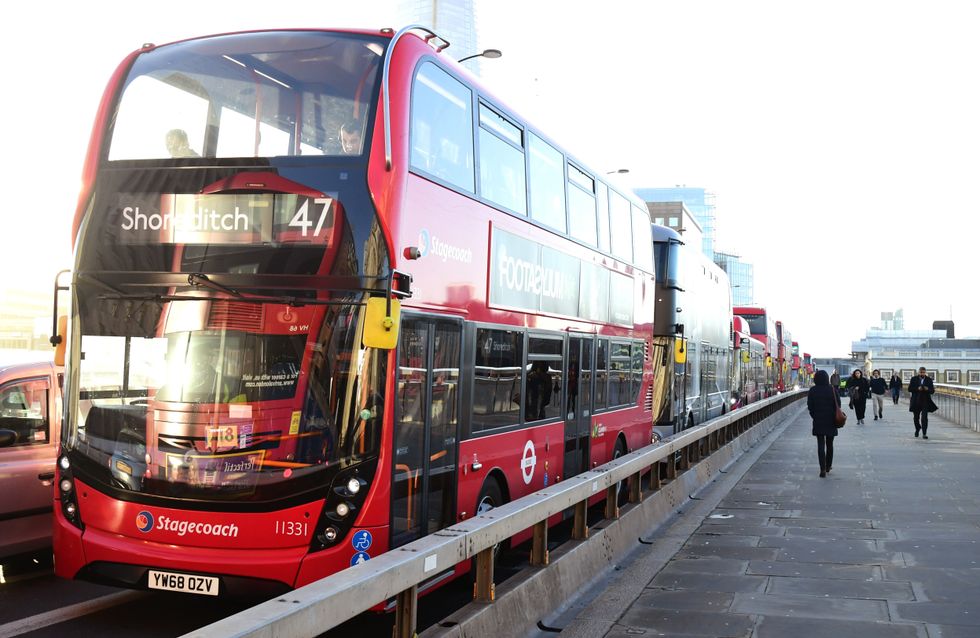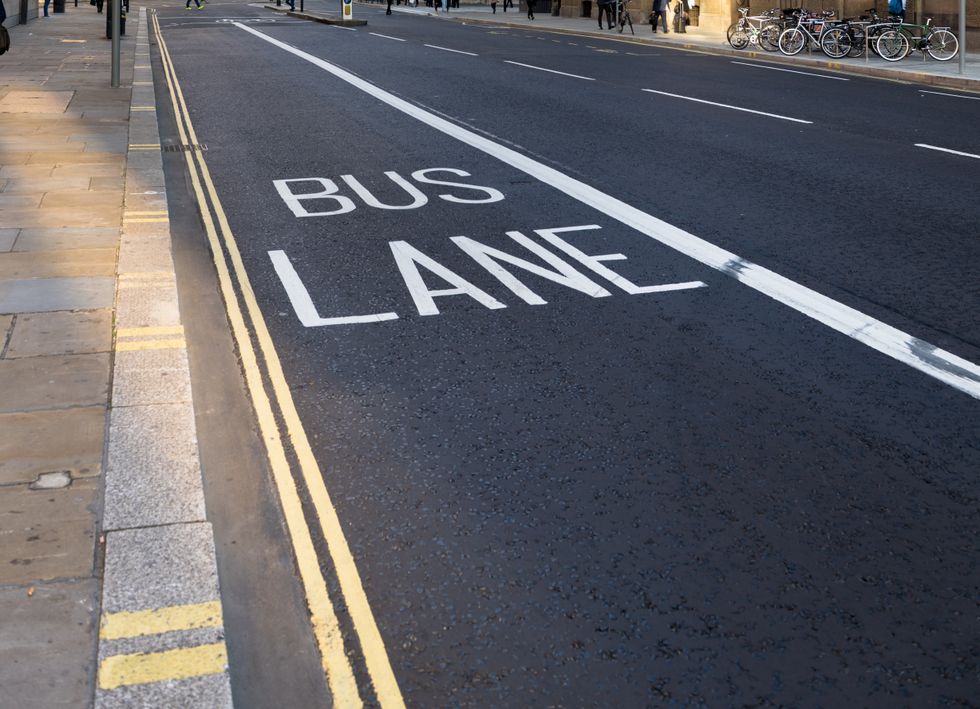The new fare cap will remain in place until the end of 2025
PA
The new fare cap will remain in place until the end of 2025
Don't Miss
Most Read
Trending on GB News
Bus passengers across England are facing higher fares as the national cap increases from £2 to £3 today.
This is the first change to the scheme since its launch two years ago.
The new fare cap will remain in place until the end of 2025, according to the Department for Transport.
Silviya Barrett from Campaign for Better Transport warned the rise "will be a costly start to 2025 for many people".
"Buses are our most used form of public transport so they need to be affordable," she said.
The campaign group noted that while the fare cap has boosted ridership and proved popular with passengers, the Government must now find a "long-term replacement for the scheme from next year to avoid any further rises".
A government source revealed that maintaining the fare cap was "hard fought for in the Budget process", primarily aimed at helping rural passengers.

Millions of bus passengers in England have been hit an increase in single fares from £2 to £3
PA
Analysis commissioned by the Department for Transport (DfT) found that keeping the £2 cap was "not financially sustainable for the taxpayer" and offered "poor value for money".
The DfT highlighted significant potential savings on specific routes under the £3 cap compared to uncapped fares.
These include savings of £12 between Leeds and Scarborough, £5.50 between Hull and York, and £5 between Newcastle and Middlesbrough.
The department stated that passengers could save "up to 80 per cent on some routes" under the new cap.
Fares that would normally be below £3 without the cap, particularly in urban areas, can only increase in line with inflation.
Local transport authorities have the power to maintain lower fare caps in their areas if they provide their own subsidies.
Greater Manchester Mayor Andy Burnham has confirmed single fares in his region will stay at £2 "for the whole of 2025 but subject to a mid-year review".
In West Yorkshire, passengers will continue to pay £2 until the end of March, after which the cap will increase to £2.50 for the remainder of the year.
Alison Edwards, director of policy at the Confederation of Passenger Transport, acknowledged concerns about the national fare rise but noted that "a vast majority of the 11 million people who travel by bus every day will continue to pay well under £3 per journey".
She added that most commuters and regular passengers use cheaper season tickets rather than single fares.
The Department for Transport is providing more than £150 million to fund the fare cap in 2025. This comes alongside £955 million announced in the Budget to support bus services until 2026.
Simon Lightwood, Local Transport Minister said: "Buses are vital to help people get to work, the doctor, or see their friends and family - they boost growth, support communities, and provide opportunity.
"That's why we're stepping in to make sure fares are capped at the lowest point possible, saving people up to 80% on travel and ensuring that our buses continue to be an attractive, affordable way to get around."
Lightwood highlighted that the Government's Bus Services Bill is currently moving through Parliament, which will give local authorities greater control over fares, routes, and timetables.

The decline in bus services across England continues to be a significant concern
GETTYThe Local Government Association has called for "streamlining" bus funding into a "single, long-term, devolved pot" to give councils greater control over bus services.
The decline in bus services across England continues to be a significant concern, with the DfT noting "almost four decades of decline" and thousands of services being cut.
Recent figures show the total distance travelled by buses in England reached 1.01 billion miles in the year to March. This represents an 11 per cent decrease from the 1.14 billion miles recorded in 2019/20, before the coronavirus crisis.
The decline is even more stark when compared to a decade ago, showing a 22 per cent reduction from 1.29 billion miles.
The situation is further complicated by local authorities facing severe funding pressures.
For regular bus users, the CPT emphasised that the £3 cap only applies to single tickets, with 26 per cent of passengers travelling on individual tickets and many shorter journeys remaining below £3.







